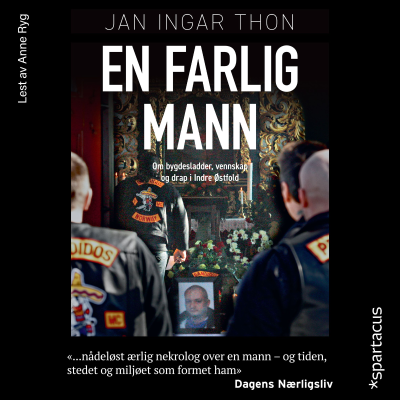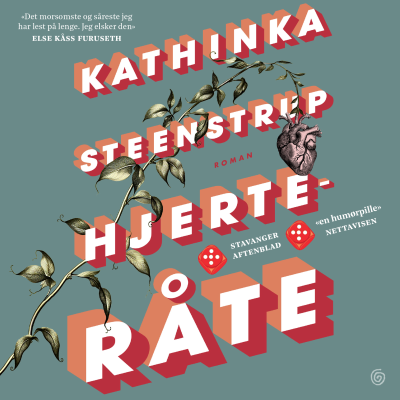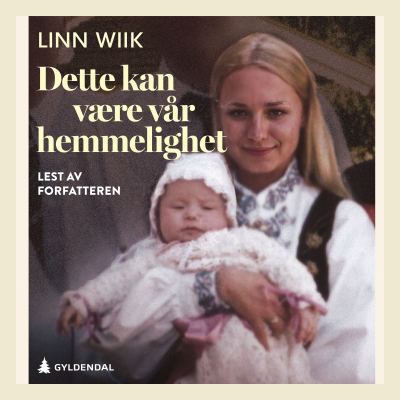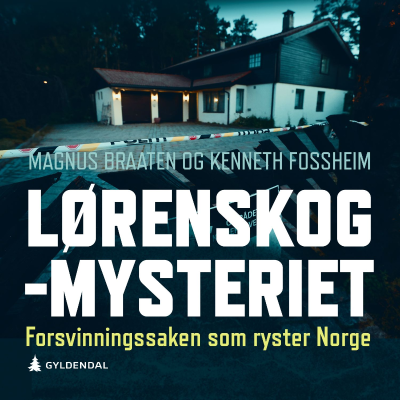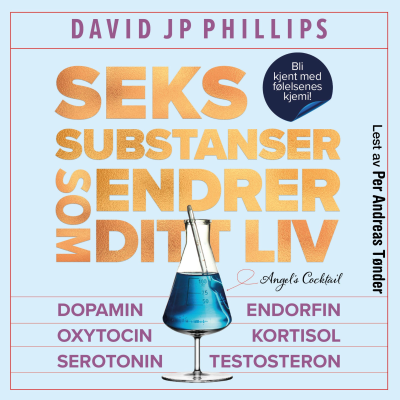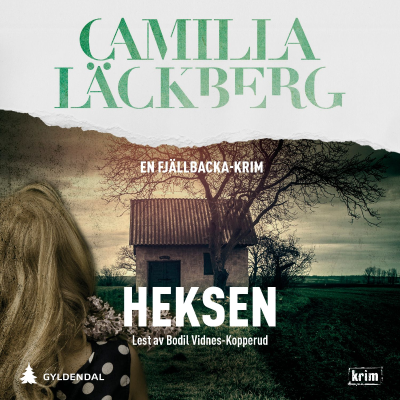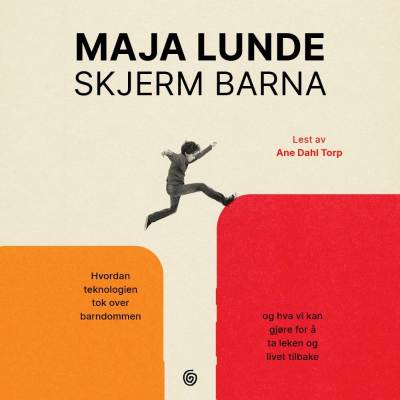
Dharma Pathways
engelsk
Historie & religion
Prøv gratis i 60 dager
99 kr / Måned etter prøveperioden.Avslutt når som helst.
- 20 timer lydbøker i måneden
- Eksklusive podkaster
- Gratis podkaster
Les mer Dharma Pathways
Dharma Pathways is a collaboration of monastics offering the teachings of Buddhism.
Alle episoder
65 EpisoderPrajna as Emptiness - January 14,2021
We finish the exploration ofprajnawith this longer passage on Emptiness by Norman Fischer from his book "The World Could Be Otherwise":Understanding in Mahayana Buddhism means, specifically, understanding the empty nature of all phenomena… The word usually translated as “emptiness” is sunyata in Sanskrit. It comes from a root word suggesting swelling, something puffed up and hollow, with nothing inside, like a balloon. Emptiness implies a kind of deception. Beings, all things, thoughts, ideas, feelings—these are all deceptive. They seem to be something big and full, like a balloon, but when you prick them, they pop, Wizard of Oz–like. Like the Wizard, they are empty, completely lacking the substantiality they appear to have. Over the centuries, Buddhists have put it like this: Things don’t actually exist. To say they do is an exaggeration, an overstatement of the case.Existence is an illusion. But to say things don’t exist isn’t right either. How could it be, when throughout our whole life we see, hear, taste, smell, touch, and feel the world? Being is a paradox. The middle way, Mahayana Buddhists have said, isn’t, as originally conceived, a path of moderation between asceticism and sensuality; it’s the middle ground between the two extremes of existence and nonexistence. It’s the way things really are, neither existing nor not existing: empty, ungraspable, ineffable. As concluded in another of the perfection of understanding sutras, the Diamond Sutra, being is like a dream, a phantom, a flash of lightning, a magic show, a bubble, a dewdrop. A balloon is empty of things but full of air. An empty glass is empty of liquid but also full of air. If being is empty, what is it empty of? And what is it full of? The technical answer to the first question is that beings are empty of svabhava, own-being... To be empty of own-being is to lack independent substantial being—such as a soul or an essential consciousness—that can be isolated and grasped… Our mistaken notion of svabhava, or own-being, is what ties feeling-sensation in a painful knot. Without knowing we are doing it, we viscerally impute to things a deeply, almost physically held sense that they are there in a way they actually aren’t. If we truly appreciated that things are not there in the way we think they are, that they are there in some completely different way, we would not react to them in the way we normally do. Our pain would disentangle from its false support. What about the second question? Like the empty balloon and the empty glass, if beings are empty of own-being, what are they full of? They are full of connection; they are full of one another; they are so radically interdependent they cannot exist in their own right as separately existent entities. There are, in fact, no things: there is only the endless ebb and flow of being, Avalokiteshvara’s compassionate ocean. * Today’s talk comes from a year-long exploration of the paramitas, the perfecting qualities that lead to liberation, offered by HaiAn during the Thursday Meditations. [https://www.dharmapathways.org/dropinmeditation]Email haian@dharmapathways [haian@dharmapathways]for the link to join these sessions on Zoom. This session explores aspects of the sixth paramita, prajna or wisdom. If you’re unfamiliar with the paramitas, Chapter 25 in Thich Nhat Hanh’s “The Heart fo the Buddha’s Teaching” offers an introduction and Norman Fischer’s “The World Could be Otherwise” gives a deeper dive. The paramitas are related to the parami, in Pali, for the Theravada tradition. We are happy to offer these teachings to you. If you would like to support us to continue to make these teachings available, go to https://www.dharmapathways.org/donate [http://www.dharmapathways.org/donate]
Understanding over Wisdom - Prajna Paramita - January 7, 2021
We explore prajnaas understanding with this passage from Norman Fischer's "The World Could be Otherwise":The Sanskrit word prajna is usually translated as “wisdom,” but I have decided to render it as understanding. Let me tell you why. Wisdom is an old-fashioned word. We hardly use it these days. We think of people as quick, clever, intelligent, creative, innovative, knowledgeable, maybe as having good judgment, but seldom do we call them wise... Today’s world seems too fast and shifty for wisdom. The word wisdom suggests probity, character, the discernment that comes from long experience. A wise person is sober and careful, stodgy almost—and usually older. Synonyms for wisdom include sanity, caution, prudence. Understanding, however, is an interesting double-sided word. It includes much of what the word wisdom does. If you understand, you see things clearly and from all sides, which will give you discernment. But the word understanding hides within it something more. Etymologically, to understand is “to stand with.” The “under” part of the word doesn’t mean under. It comes from a proto-Indo-European root that means “among, or between,” not “beneath.” So understanding means to be close to, to be with... The perfection of understanding includes both sides of what is meant by the English word understanding: to understand deeply how things are—to know, to see, how elusive and shimmering this life is and, at the same time, with and through this seeing, to be understanding of life, to care for it, to stand with it in empathy, love, and compassion. Today’s talk comes from a year-long exploration of the paramitas, the perfecting qualities that lead to liberation, offered by HaiAn during the Thursday Meditations. [https://www.dharmapathways.org/dropinmeditation]Email haian@dharmapathways [haian@dharmapathways]for the link to join these sessions on Zoom. This session explores aspects of the sixth paramita, prajna or wisdom. If you’re unfamiliar with the paramitas, Chapter 25 in Thich Nhat Hanh’s “The Heart fo the Buddha’s Teaching” offers an introduction and Norman Fischer’s “The World Could be Otherwise” gives a deeper dive. The paramitas are related to the parami, in Pali, for the Theravada tradition. We are happy to offer these teachings to you. If you would like to support us to continue to make these teachings available, go to https://www.dharmapathways.org/donate [http://www.dharmapathways.org/donate]
The Inner Critic and the Inner Sage - Prajna Paramita - Dec 17, 2020
Today we will continue the theme of prajna/panna with a journalling practice to explore the inner critic and the inner sage as a way to connect to intuitive wisdom.Today’s talk comes from a year-long exploration of the paramitas, the perfecting qualities that lead to liberation, offered by HaiAn during the Thursday Meditations. [https://www.dharmapathways.org/dropinmeditation]Email haian@dharmapathways [haian@dharmapathways]for the link to join these sessions on Zoom. This session explores aspects of the sixth paramita, prajna or wisdom. If you’re unfamiliar with the paramitas, Chapter 25 in Thich Nhat Hanh’s “The Heart fo the Buddha’s Teaching” offers an introduction and Norman Fischer’s “The World Could be Otherwise” gives a deeper dive. The paramitas are related to the parami, in Pali, for the Theravada tradition. We are happy to offer these teachings to you. If you would like to support us to continue to make these teachings available, go to https://www.dharmapathways.org/donate [http://www.dharmapathways.org/donate]
Wonder, Listening, and True Understanding - Prajna Paramita, December 10, 2020
Today we will continue the theme of prajna/panna - wisdom, or understanding with reflections on these passages from Valarie Kaur's exquisite book, "See No Stranger: A Memoir and Manifesto of Revolutionary Love." Wonder is an admission that you don't know everything.Deep listening is an act of surrender. We risk being changed by what we hear.” “True understanding is not possible unless we risk changing our worldview. Otherwise we think we have built bridges to one another, but the bridges are rooted in sands that can shift with the tide.” Today’s talk comes from a year-long exploration of the paramitas, the perfecting qualities that lead to liberation, offered by HaiAn during the Thursday Meditations. [https://www.dharmapathways.org/dropinmeditation]Email haian@dharmapathways [haian@dharmapathways]for the link to join these sessions on Zoom. This session explores aspects of the sixth paramita, prajna or wisdom. If you’re unfamiliar with the paramitas, Chapter 25 in Thich Nhat Hanh’s “The Heart fo the Buddha’s Teaching” offers an introduction and Norman Fischer’s “The World Could be Otherwise” gives a deeper dive. The paramitas are related to the parami, in Pali, for the Theravada tradition. We are happy to offer these teachings to you. If you would like to support us to continue to make these teachings available, go to https://www.dharmapathways.org/donate [http://www.dharmapathways.org/donate]
Prajna Paramita - Innate Wisdom -December 3, 2020
“The Tathagata has only spoken and taught in relation to one thing: suffering and the end of suffering” Anuradha Sutta “Wisdom is an innate faculty, and it’s not just theoretical. It’s more like the discernment of a raccoon whose wise paws can distinguish between a rock and a clam in a stream. . . mental awareness (citta) already has enough wisdom to recognize and resonate with qualities like kindness, generosity, truthfulness and integrity. We know what goodness feels like when it occurs; it is something that strikes us” (Ajahn Sucitto, Parami, 2012, p.65).Today’s talk comes from a year-long exploration of the paramitas, the perfecting qualities that lead to liberation, offered by HaiAn during the Thursday Meditations. [https://www.dharmapathways.org/dropinmeditation]Email haian@dharmapathways [haian@dharmapathways]for the link to join these sessions on Zoom. This session explores aspects of the sixth paramita, prajna or wisdom. If you’re unfamiliar with the paramitas, Chapter 25 in Thich Nhat Hanh’s “The Heart fo the Buddha’s Teaching” offers an introduction and Norman Fischer’s “The World Could be Otherwise” gives a deeper dive. The paramitas are related to the parami, in Pali, for the Theravada tradition. We are happy to offer these teachings to you. If you would like to support us to continue to make these teachings available, go to https://www.dharmapathways.org/donate [http://www.dharmapathways.org/donate]
Velg abonnementet ditt
Premium
20 timer lydbøker
Eksklusive podkaster
Gratis podkaster
Avslutt når som helst
Prøv gratis i 60 dager
Deretter 99 kr / måned
Premium Plus
100 timer lydbøker
Eksklusive podkaster
Gratis podkaster
Avslutt når som helst
Prøv gratis i 60 dager
Deretter 169 kr / måned
Prøv gratis i 60 dager. 99 kr / Måned etter prøveperioden. Avslutt når som helst.
















